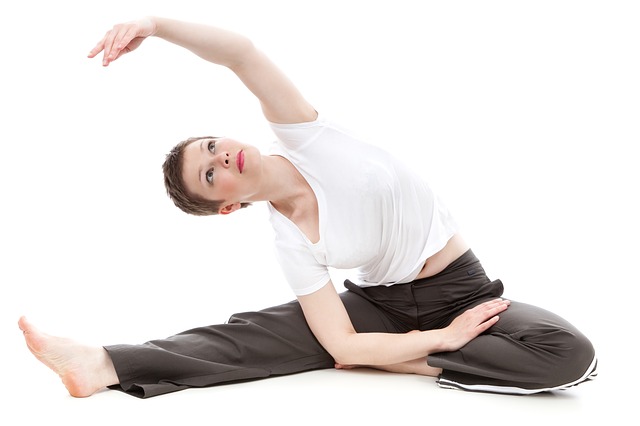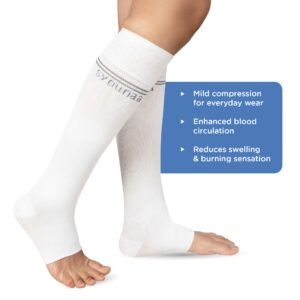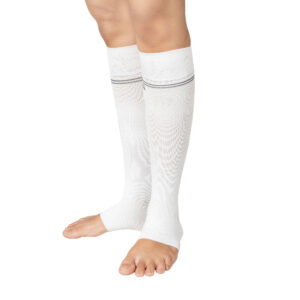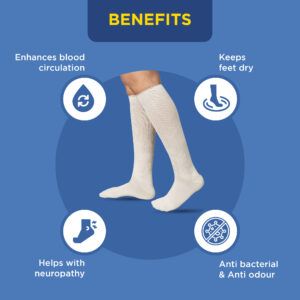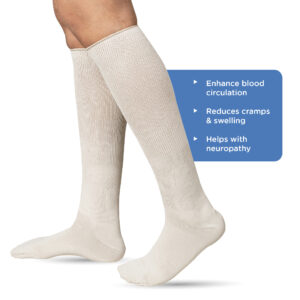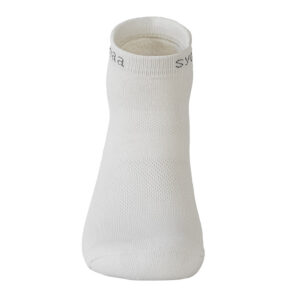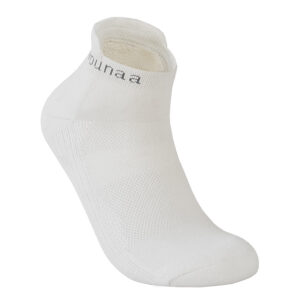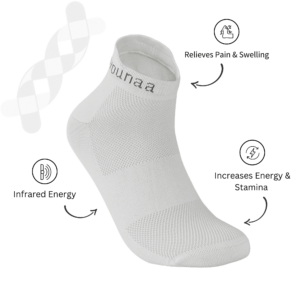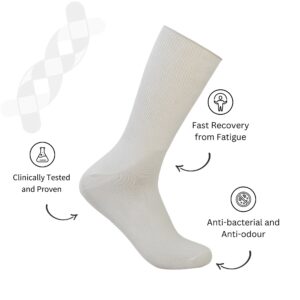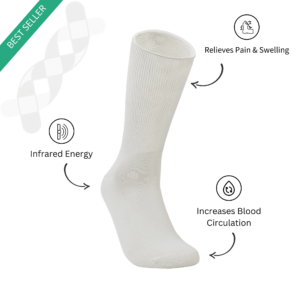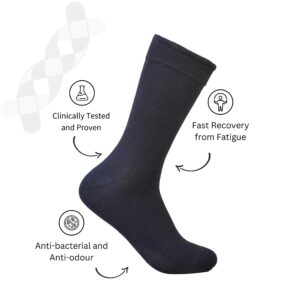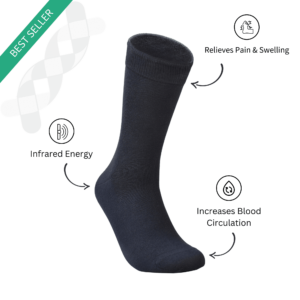Every time we learn about a new exercise or a workout regime, we just can’t wait to try it out. It’s motivating and takes us out of the mundane repetitive schedules. But wait! Before you try that new move on your Yoga mat, here are some things you should know!
Asses Your Physical Condition And Medical History
How old are you? How much (or little) do you work-out? Do you have any medical history? How fit are you? It is important to answer these questions before jumping to a new regime. You may have been the fittest person in high school, but now you are living the corporate life, with very little time to work-out. Don’t start a new regime thinking that you will be as good at it as you would have been five to ten years ago. Understand that your body changes with time and shifts in lifestyle. So, your body will not work as efficiently as it did when you were in your peak years. So, give it time and start slow.
If you have a health condition, consult your doctor before starting a new regime. Some exercises put a strain on certain parts of the body and are not advised to those with specific health conditions. Proper guidance will put you on the right track and protect you from worsening your condition.
Start Slow. Be Practical
Have you ever noticed a workout routine that does you more harm than good? Instead of feeling energised, you feel fatigue. Instead of becoming fit you often become sick? These are signs of an over-intensive workout – something that you are not yet prepared for.
Recently, Aamir Khan’s weight loss video for Dangal became very popular. Though it is a great source of inspiration, it is important to understand that Aamir was already fit before he gained weight for the purpose of the film. So, though he lost weight in the span of 5 months and became strong and muscular, we may not be able to achieve the same in the same time frame. Why? Mostly because some of us have been unfit for longer, or haven’t worked out in the last 20 years. Though we may not change as fast as Aamir, we would certainly be in the right path if we start slow, keeping our health and medical history in mind.
A great workout regime is one that challenges your body (slightly), towards the right direction. It stimulates us enough but not too much. Since we are all at different levels of fitness, something that worked well for someone, may not work too well for us. So be patient with yourself and don’t lose hope if a famous fitness regime isn’t working for you. Consider hiring a fitness professional who can chart out a workout regime based on your current health and lifestyle.
Changing Your Diet Is Just As Important
As you start to workout, your fat cells change to muscle cells. Your muscles repair and get stronger and your body starts to transform. Just like how we don’t gain weight overnight, we don’t lose it either. There is a lot more at play than just a workout plan. A healthy diet helps, particularly that is higher on protein, helps your muscles recover faster so that you can get back to your regime.
This is a good time to build healthy eating habits because a great workout session with poor eating habits may not help you at all. In fact, many of us feel sick after a workout not because of the session itself, but because we don’t have a healthy diet plan to replenish our body.
Play Close Attention To Form
Sometimes, doing a wrong workout is worse than not doing it at all. A wrong posture can hurt your joints and can even make them weaker over time. So, monitor yourself post a workout session. Ideally, exercise gives you muscle pain (DOMs) but not joint pain. So, if you are feeling joint pain and fatigue, it is important to revise your posture.
Sometimes it is hard for us to notice what we are doing wrong, so consult a fitness trainer or a physiotherapist before starting a new exercise. If you are working out at home, be ready to take a break if you feel any sort of discomfort and consult a physiotherapist if it persists.
Take Time to Take Care
Starting a new workout regime isn’t as simple as dedicating time to workout and getting back to life. You need to spend the time to nourish your muscles with food (as we discussed earlier) and other healing practices. Many trainers suggest spending 15 minutes at the spa right after working out and right before taking a shower. Heat energy produced in this process helps us heal naturally as muscle growth and oxygenation improves.
This is why Syounaa socks work well for athletes. Every time you have a strenuous workout session, Syounaa socks work extra hard to oxygenate your feet by converting your body heat to infrared energy. This allows your feet to rest, reduces muscle repair time and takes away the pressure you have on your feet so that you can work out more efficiently and with better results.
Lastly, a new exercise regime is not a sprint to the finish line, rather a marathon. By spending time on form and nutrition, we can expect changes sooner than later. Our bodies will slowly mold to a fitter, stronger and healthier version of ourselves. We just need to give it time.

